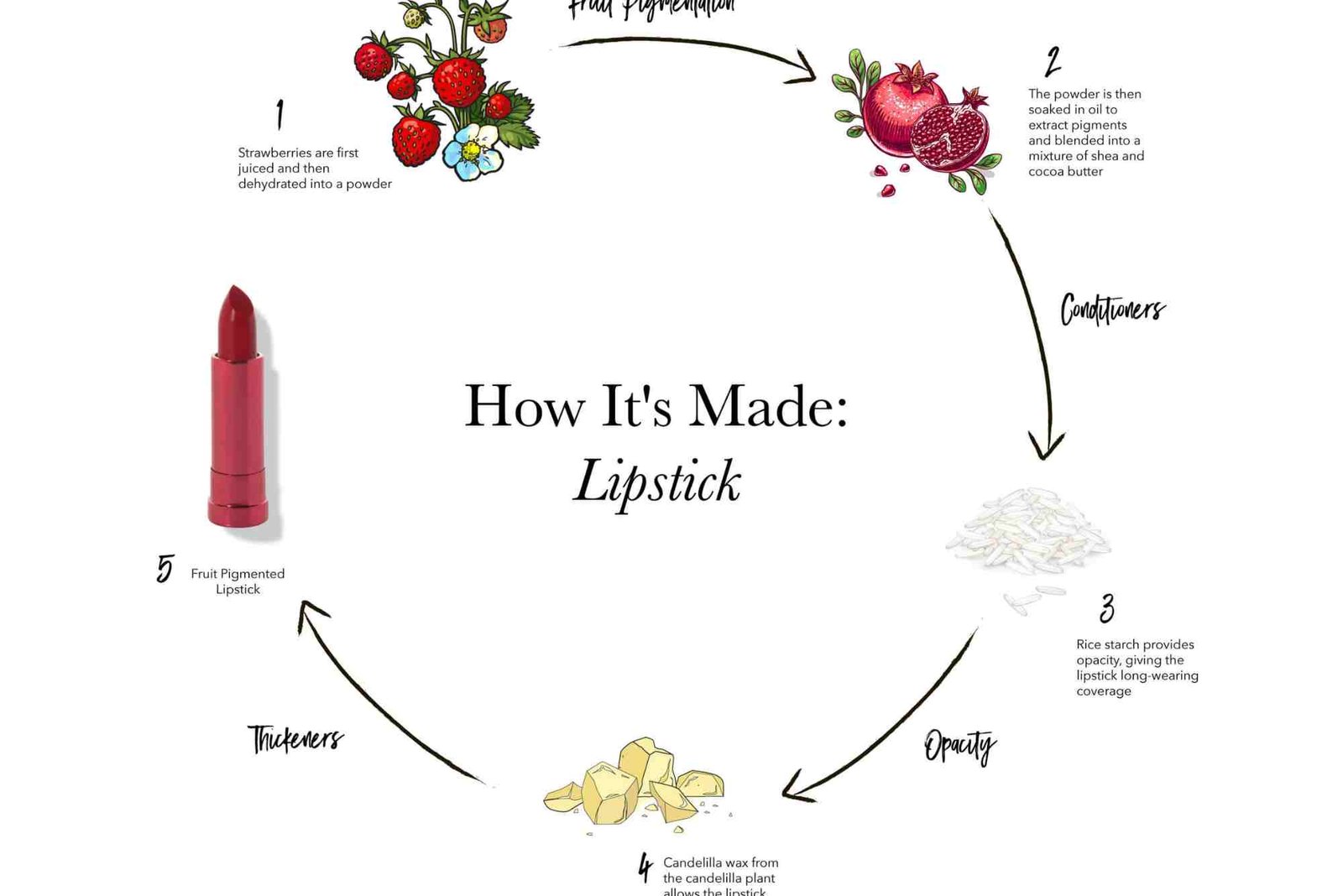Introduction
Mastering value is one of the most important skills in business, career development, and personal growth. When people search for how can you master value at, they usually want clear guidance that helps them become more effective, more strategic, and more impactful in whatever they do. Mastering value means understanding what matters most, improving the way you deliver it, and creating outcomes that exceed expectations. Whether you are a business owner, a team leader, or someone working on personal development, this guide will give you practical insights you can start using today. If you want more detailed insights, you can also explore How Can You through this.
To truly master value, you need both mindset and method. Many people assume value is something fixed, but value is actually dynamic. It changes based on context, audience, goals, and environment. Understanding these shifts helps you create consistent results and deliver outcomes others appreciate. This complete guide dives deep into what value means, how to enhance it, and how to apply expert-backed strategies to your daily work.
Understanding What Value Really Means
Value is not only about money or profit. It is about usefulness, impact, satisfaction, and improvement. People master value when they understand what others actually need and deliver it with clarity and consistency. When you explore resources like How Can You Master on BusinessMini, you notice that value is described as a combination of skill, efficiency, communication, and innovation.
Why Value Matters in Every Field
Value drives results. When you provide value at work, you earn trust, recognition, and opportunities. When you deliver value in a business, customers stay longer, buy more, and recommend your services. When you create value in personal relationships, bonds grow stronger and communication improves. Value becomes a foundation for growth in every area of life. Many industries also discuss value creation extensively, and if you want more context, you may Read more on en.wikipedia.org using this.
The Relationship Between Value and Growth
Growth happens when value increases. Every successful business grows because its products or services offer consistent value. Every successful career grows because the person becomes more valuable through skills, reliability, and performance. As you master value, you become more adaptable. You start noticing small improvements that lead to big results. This is why learning how can you master value at becomes essential for long-term success.
Practical Ways to Master Value in Your Daily Life
Mastering value begins with awareness. You need to know what you are offering, how it helps others, and how you can improve it. The following sections explore practical methods that anyone can implement without needing complex tools or advanced knowledge.
Start With Understanding Your Audience
Value always depends on who is receiving it. If you understand their needs, expectations, and pain points, you can deliver better results. This applies to customers, colleagues, stakeholders, or even family members. When you pay attention to what they really want, you can offer solutions that matter. Every expert in performance and leadership emphasizes the importance of listening. The better you observe and understand people, the easier it becomes to create genuine value.
Improve Your Core Skills Continuously
People who master value are never done learning. They constantly refine their skills, expand their knowledge, and adapt to industry changes. When you build strong skills, you increase the value you offer naturally. The key is consistency. Learning something new each day, practicing your craft, and seeking feedback helps you improve steadily. Over time, your expertise becomes one of your biggest value drivers.
Focus on Solving Problems Instead of Completing Tasks
Tasks keep you busy, but solving problems makes you valuable. When people search for how can you master value at, they often want techniques for becoming more strategic. One of the best ways is shifting your mindset from task execution to problem resolution. Ask yourself what the real issue is. Understand what outcome would help the most. Then deliver solutions that move things forward. When you consistently solve problems, people recognize your contributions quickly.
Communicate Value Clearly and Confidently
Value is not only about what you do but also how you communicate it. If people do not understand the significance of your work, they may not appreciate it. Clear communication helps others see your impact. Use simple language. Explain what you are doing, why it matters, and how it benefits them. Confident communication builds credibility and helps you position yourself as a valuable contributor.
Build Strong Relationships
Relationships amplify value. When you build trust, respect, and rapport, people are more open to your ideas, contributions, and solutions. Networking, collaboration, and kindness increase your overall influence. People prefer working with individuals who provide value and maintain positive interactions. Strong relationships also create opportunities you cannot access alone.
Innovate and Adapt Regularly
Innovation is not always about big ideas. Sometimes it is about making small improvements in your work. When you adapt quickly to changes, you provide more stability and reliability. Businesses and individuals who innovate stay relevant longer. Mastering value requires being flexible, observant, and open to new approaches. This mindset ensures you never fall behind.
Expert Advice on Mastering Value Effectively
Experts agree that mastering value is a long-term process. It combines personal development, strategic thinking, and emotional intelligence. Below are insights based on professional experience and real-world observations.
Create Systems That Support Your Value
A system helps you stay organized and consistent. Whether it’s a workflow, schedule, or routine, systems reduce stress and improve output quality. Experts often rely on structured processes because they save time and increase efficiency. When you produce consistent results, people trust your value more.
Measure Value Through Outcomes, Not Effort
Effort is important, but outcomes matter more. Many people work hard but do not deliver results that reflect real value. To master value, track what you achieve, how it helps others, and where improvements are needed. This approach makes you more objective and strategic. It also strengthens your decision-making skills.
Seek Constructive Feedback Regularly
Feedback shows you what others see in your work. Even skilled professionals rely on feedback to improve. Accepting constructive criticism and acting on it helps you grow faster. It also demonstrates humility, which increases your perceived value. People trust individuals who are open to learning.
Maintain a Growth Mindset
A growth mindset keeps you pushing forward even when challenges appear. It helps you learn from mistakes, adapt to change, and stay motivated. Experts often highlight mindset as the foundation of mastery. When you believe improvement is possible, you are more likely to achieve it.
How to Apply These Strategies in Real Situations
Knowing the theory is one thing, but applying it in daily life is what truly builds value. Start small. Choose one skill to improve this week. Identify one relationship to strengthen. Pick one project where you can deliver more strategic value. As you practice, these habits become natural. Over time, your personal and professional life will transform. The key is patience and commitment.
Mastering value is a journey, not a quick fix. When you focus on improvement, understanding your audience, strengthening relationships, and communicating clearly, you become a person who consistently delivers impact. The more value you offer, the more opportunities come your way. If you want a deeper exploration of these ideas, visit the full guide through How Can You Master . Start applying these strategies today and watch your personal and professional growth accelerate.
FAQs
What does it mean to master value?
It means delivering consistent results that meet or exceed expectations by improving skills, understanding others’ needs, and offering meaningful solutions.
How can I increase the value I provide at work?
You can increase value by improving your skills, communicating clearly, solving problems, and being reliable in your commitments.
Why is value important for career growth?
Value builds trust and recognition. When you provide strong value, employers and clients see you as essential, which opens new opportunities.
What skills help you create more value?
Communication, critical thinking, problem-solving, emotional intelligence, and adaptability are key skills that enhance value.
How often should I evaluate my value?
It is helpful to assess your progress every few weeks. Regular evaluation keeps you aligned with your goals.















